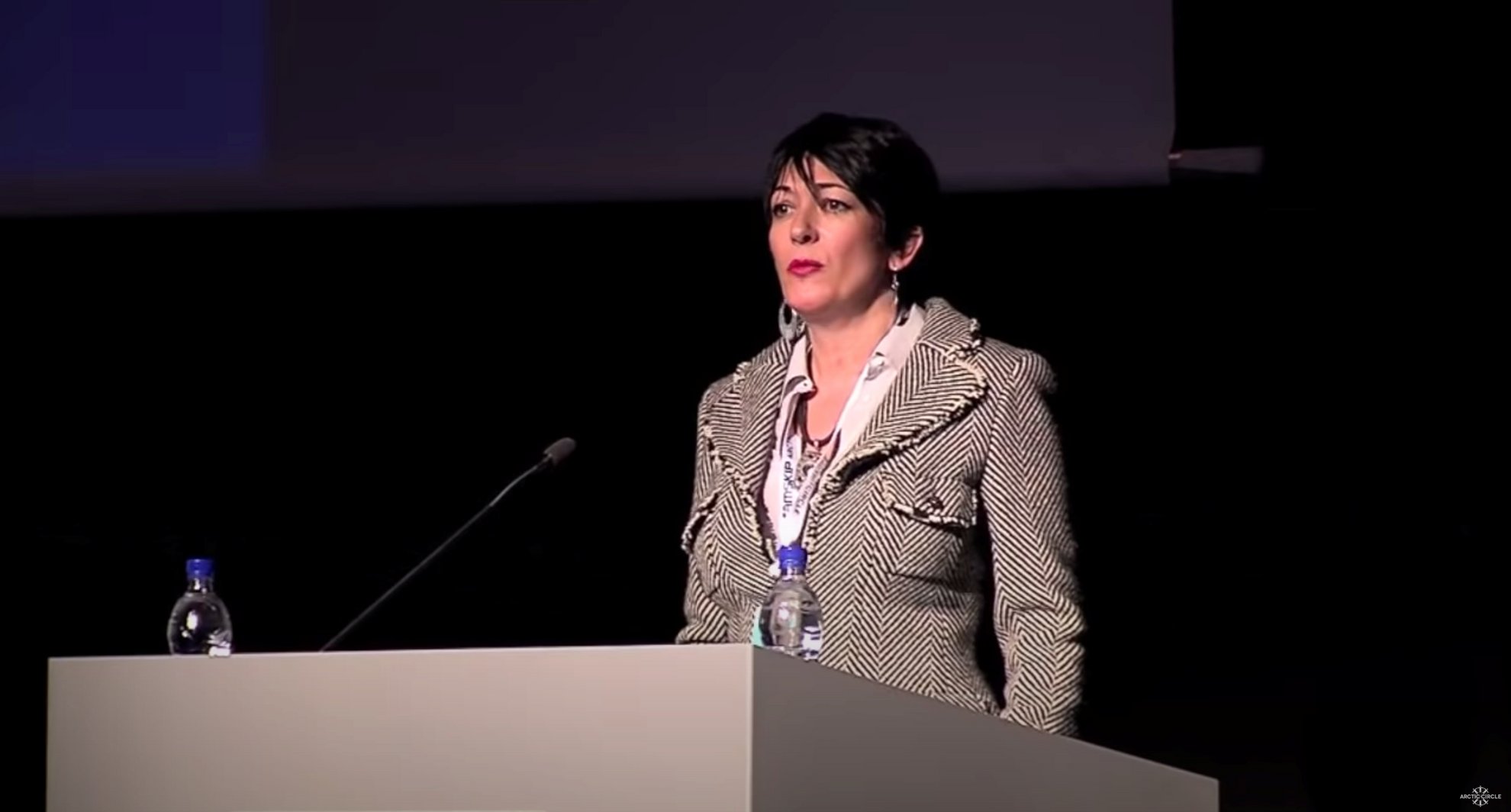Ghislaine Maxwell’s defense lawyers on Friday said they had withdrawn plans to call a witness who they anticipated would help undermine the testimony of one of the British socialite’s accusers.
Her defense had planned to call a Britain-based man named Alexander Hamilton to testify about his conversations with Kate, a woman who testified last week that Maxwell set her up for sexual encounters with the late financier Jeffrey Epstein when Kate was 17 in the 1990s.
But Hamilton has tested positive for COVID-19 and the logistics of arranging for a remote testimony were too complicated, said Bobbi Sternheim, a lawyer for Maxwell. Prosecutors countered that logistics were not the problem, and said the defense had simply decided not to call Hamilton.
The withdrawal came as the defense could rest its case as early as Friday afternoon, paving the way for closing arguments on Monday. The trial, which began on Nov. 29, is moving at a faster pace than initially expected.
Maxwell, 59, is accused of recruiting teenage girls to have sexual encounters with Epstein. She has pleaded not guilty, and her attorneys argue that prosecutors are treating her as a stand-in for Epstein, who died by suicide in jail in 2019 while awaiting trial on sex abuse charges.
Kate and three other women who testified for the prosecution placed Maxwell at the center of their relationships with Epstein, and said she groomed them as teenagers by discussing inappropriate sexual topics or touching their breasts.
Undermining the women’s credibility is crucial for the defense. Maxwell’s attorneys have argued that the women’s memories have become corrupted over time, and that they are motivated by money to implicate Maxwell.
On Thursday, jurors heard testimony from Elizabeth Loftus, a psychologist who studies how people can form false memories based on information they are told after an event takes place.







Click here to change your cookie preferences